In today’s world, digital marketing isn’t just a “nice-to-have” for small businesses—it’s a must-have. With so many potential customers online, a solid digital marketing strategy can help level the playing field and allow your small business to compete with larger players.
But where do you start? Digital marketing might seem overwhelming, but we’re here to break it down into manageable, effective steps.

Why Digital Marketing Matters for Small Businesses
For small businesses, every dollar counts. Digital marketing lets you reach your audience cost-effectively, building brand awareness, driving traffic, and ultimately, boosting sales. Unlike traditional marketing, digital strategies allow you to target specific audiences, measure success in real time, and adjust based on what’s working.
At Black Ops Agency, we specialize in helping businesses like yours navigate the digital landscape and grow. Let’s dive into the essential steps to get started.
1. Build a Strong Foundation with SEO
SEO (Search Engine Optimization) is key to ensuring your business is found online. Think of SEO as the building blocks for digital marketing—helping you show up when potential customers search for products or services like yours.
- Get your keywords right: Start with basic keyword research to understand what terms people are using to find products like yours. Free tools like Google’s Keyword Planner can help.
- Optimize your website: Make sure your website is fast, mobile-friendly, and easy to navigate. Search engines love sites that provide a smooth user experience.
- Create valuable content: Regularly updating your site with helpful content builds trust with your audience and tells search engines that you’re an authority in your field.
Pro Tip: SEO is a long game. Don’t expect overnight results, but over time, your efforts will pay off in increased visibility.
2. Content Marketing: Providing Value to Your Audience
Content marketing isn’t just about posting on social media or sending out a newsletter. It’s about creating valuable, relevant content that helps your audience solve problems and builds a connection with your brand.
- Know your audience: What questions are they asking? Create blog posts, guides, and videos that answer these questions.
- Be consistent: Posting once a month isn’t enough. Plan a schedule that keeps your audience engaged and lets them know they can rely on your business.
- Use different formats: Blogs, videos, infographics, and eBooks—diversifying content helps reach a wider audience and keeps things interesting.
- Read more about Content Marketing HERE!
3. Social Media Marketing: Building Relationships
Social media is where your customers are hanging out, so it’s essential to meet them there. Social media marketing is all about building relationships and fostering community.
- Choose the right platforms: Don’t spread yourself too thin. Focus on the platforms where your audience spends most of their time (for many small businesses, that’s Facebook, Instagram, or LinkedIn).
- Engage regularly: Post updates, respond to comments, and interact with your followers. Engagement builds trust and humanizes your brand.
Show your personality: People want to connect with people, not just businesses. Don’t be afraid to show behind-the-scenes content or highlight your team members.
4. Pay-Per-Click (PPC) Advertising: Fast-Track Your Reach
PPC advertising is an excellent way to reach people who are already searching for what you offer. It’s a quick way to drive targeted traffic to your site.
- Define your budget: Start small and adjust as you learn what works.
- Target specific audiences: Platforms like Google Ads and Facebook Ads allow you to target by location, demographics, interests, and more.
- Measure and adjust: Track your ad performance closely. You can see what’s working and shift your budget to get the most bang for your buck.
Pro Tip: Use A/B testing for your ads to see what appeals most to your audience. Small changes like tweaking headlines or images can significantly impact performance.
5. Email Marketing: Staying Top of Mind Your Heading Text Here
Email marketing remains one of the most cost-effective digital marketing methods. With a good email strategy, you can nurture relationships, inform customers of new products or offers, and drive repeat business.
- Build your list: Encourage customers to sign up for your emails with a special offer or useful content.
- Segment your audience: Divide your email list based on customer behavior or demographics. This allows you to send more personalized, relevant content.
- Keep it engaging: Emails should provide value, whether through tips, promotions, or just friendly updates. Make sure each email has a clear call-to-action.
6. Tracking and Adjusting Your Strategy
Digital marketing isn’t set-it-and-forget-it. It’s important to measure the effectiveness of your strategies, learn from your data, and adjust as needed. Tools like Google Analytics and social media insights can give you valuable information on what’s working and where there’s room for improvement.
- Set up tracking: Use Google Analytics to track your website performance and see where your visitors are coming from.
- Look at engagement metrics: On social media, look for likes, comments, and shares. For emails, track open and click-through rates.
Refine as you go: Don’t be afraid to pivot if something isn’t working. The beauty of digital marketing is that you can adapt quickly based on real-time data.
Ready to Take Your Digital Marketing to the Next Level?
Digital marketing can feel overwhelming, especially when you’re trying to do it all on your own. At Black Ops Agency, we specialize in helping small businesses like yours create customized, effective digital marketing strategies that deliver results.
Get started with a free consultation! Let us help you build a plan that takes your business to new heights.


